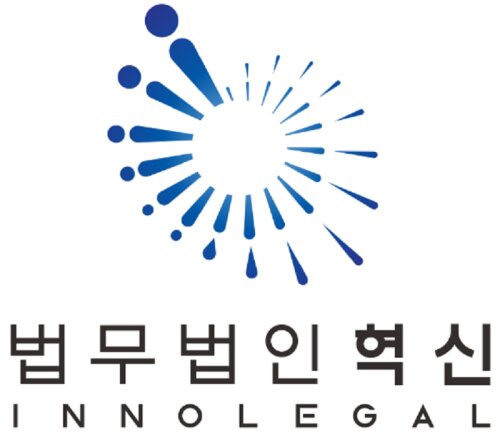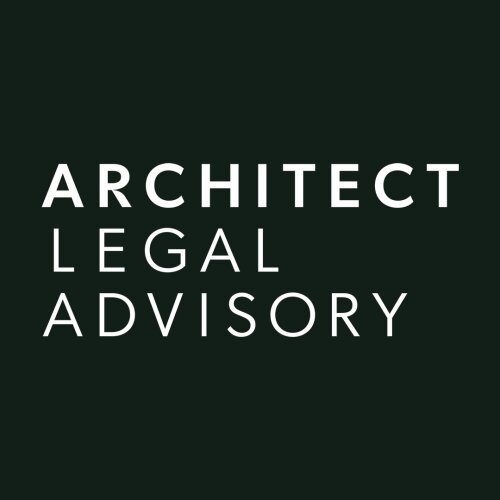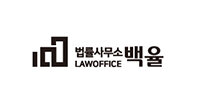Best Administrative Lawyers in South Korea
Share your needs with us, get contacted by law firms.
Free. Takes 2 min.
Or refine your search by selecting a city:
List of the best lawyers in South Korea
About Administrative Law in South Korea
Administrative law in South Korea governs the activities of government agencies and ensures they operate fairly, transparently, and within the bounds of the law. It encompasses the rules, regulations, and procedures that government bodies must follow and provides mechanisms for individuals to challenge administrative decisions or actions. The primary purpose of administrative law is to regulate relations between the authorities and the citizens, addressing issues like permitting, licensing, public policies, and disciplinary actions taken by the government against individuals or businesses.
Why You May Need a Lawyer
There are several situations where an individual or a business may require legal assistance in the field of administrative law in South Korea:
- Challenging an administrative decision that affects your rights or duties, such as permit rejections or fines.
- Seeking assistance in obtaining government permits or licenses.
- Dealing with regulatory compliance issues affecting your business operations.
- Handling disputes with government agencies or officials.
- Protection against or defense against administrative sanctions or penalties.
- Guidance on public procurement procedures or governmental contracts.
Local Laws Overview
Key aspects of administrative law in South Korea include:
- The Administrative Procedures Act: Establishes the processes and guidelines that government agencies must follow when making decisions and ensures transparency and fairness.
- The Administrative Appeals Act: Provides a process for individuals to appeal decisions made by government bodies if they believe they have been wronged.
- The Framework Act on Administrative Regulations: Focuses on the procedures for creating and implementing regulations to ensure they are necessary, clear, and fair.
- The Public Administration Disclosure Act: Ensures governmental transparency by allowing the public access to administrative documents and information.
Frequently Asked Questions
What is administrative litigation in South Korea?
Administrative litigation involves legal actions taken against public administrative bodies. These cases typically challenge the legality of administrative decisions or actions.
How can I file an administrative appeal?
You can file an administrative appeal by submitting a written request to the administrative body that issued the decision you wish to contest, following the procedures outlined in the Administrative Appeals Act.
Is there a time limit for filing administrative appeals?
Yes, there is generally a time limit of 90 days from the date the decision was notified to the affected party. After that, appeals may not be accepted.
Can administrative actions be suspended during an appeal?
Under certain circumstances, it's possible to apply for a suspension of administrative actions while an appeal is being considered, but typically this requires a court order.
What is the role of administrative judges in South Korea?
Administrative judges are specialized in resolving disputes involving administrative law. They assess whether government actions comply with legal standards and may annul or mandate specific actions.
How are administrative regulations developed?
Regulations are developed following a comprehensive process involving drafting, public consultation, review, and approval, which are governed by the Framework Act on Administrative Regulations.
What rights do I have in administrative hearings?
In administrative hearings, individuals have the right to present evidence, employ representation, and receive a fair, unbiased hearing in compliance with due process.
Do I need an attorney for an administrative law case?
While it's not mandatory, having an attorney can provide invaluable guidance, representation, and a better understanding of complex administrative procedures.
How can I access public administrative documents?
Public administrative documents can be accessed via requests under the Public Administration Disclosure Act, ensuring transparency and accountability.
What is the role of the Ombudsman in administrative law?
The Ombudsman investigates complaints about administrative injustice, maladministration, or breaches of law, providing oversight of governmental actions.
Additional Resources
Here are some resources and organizations that may help with administrative law issues:
- Ministry of Justice: Overseeing legal affairs, including the enforcement of laws.
- The Korean Bar Association: Providing resources for finding qualified administrative law attorneys.
- Korea Legislation Research Institute: Offering legal research and analysis services.
- Administrative Appeals Commission: Handling formal appeals and disputes against administrative decisions.
Next Steps
If you need legal assistance in administrative law, consider the following steps:
- Identify the specific issue you need help with and gather any related documents or evidence.
- Consult with an administrative law attorney to discuss your case and legal options.
- Evaluate the legal advice and decide on the course of action, such as filing an appeal or litigation.
- Consider accessing resources from governmental bodies or legal organizations for additional guidance or support.
Lawzana helps you find the best lawyers and law firms in South Korea through a curated and pre-screened list of qualified legal professionals. Our platform offers rankings and detailed profiles of attorneys and law firms, allowing you to compare based on practice areas, including Administrative, experience, and client feedback.
Each profile includes a description of the firm's areas of practice, client reviews, team members and partners, year of establishment, spoken languages, office locations, contact information, social media presence, and any published articles or resources. Most firms on our platform speak English and are experienced in both local and international legal matters.
Get a quote from top-rated law firms in South Korea — quickly, securely, and without unnecessary hassle.
Disclaimer:
The information provided on this page is for general informational purposes only and does not constitute legal advice. While we strive to ensure the accuracy and relevance of the content, legal information may change over time, and interpretations of the law can vary. You should always consult with a qualified legal professional for advice specific to your situation.
We disclaim all liability for actions taken or not taken based on the content of this page. If you believe any information is incorrect or outdated, please contact us, and we will review and update it where appropriate.
Browse administrative law firms by city in South Korea
Refine your search by selecting a city.
















